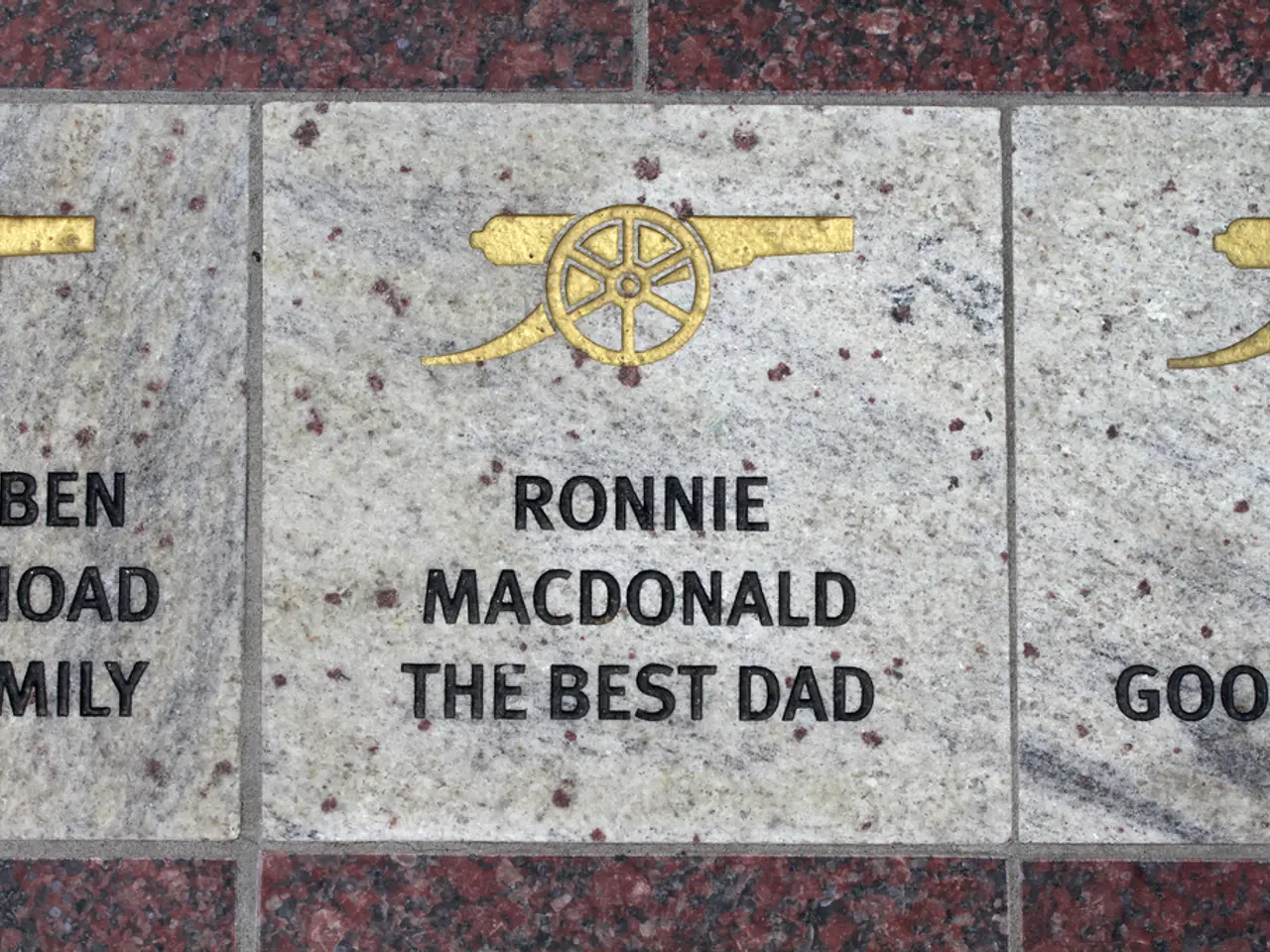Historic Gathering at 13th European History Forum: Honoring Past Amid Present-Day Upheavals
Remembering 1945: A Pivotal Moment in Eastern and South-Eastern Europe
1945 stands as a significant year in the history of Eastern and South-Eastern Europe, marking the end of World War II, the defeat of Nazi Germany, and the onset of profound political and territorial changes in the region. This year is remembered for its duality, symbolising both liberation from fascist occupation and the beginning of Soviet dominance, leading to decades of Communist rule and geopolitical division during the Cold War.
The end of hostilities on the Eastern Front marked the Allied victory and Soviet occupation of much of Eastern and South-Eastern Europe. This was followed by the redrawing of borders, most notably the shifting of Germany’s eastern territories to Poland and the Soviet Union, accompanied by the mass expulsion and resettlement of German populations. The political outcomes of wartime conferences, such as Yalta and Potsdam, established spheres of influence, laying the foundation for the Iron Curtain and the division of Europe ideologically and politically.
The memory of 1945 serves as a catalyst for renewed European unity amid current geopolitical ruptures, such as tensions between Russia and NATO, populism, and questions about European integration. The legacy of 1945 embodies a shared victory against totalitarianism and a bitter historical division. The unifying ideal of peace and collaboration after WWII inspired the original European integration project. However, memories of Soviet domination and forced ideological alignment still inform national narratives in Eastern and South-Eastern Europe, sometimes fueling mistrust toward Russia and complicating pan-European unity efforts.
Contemporary challenges to European unity—such as nationalist populism, differing views on sovereignty, and external geopolitical pressures—mean that while 1945’s legacy offers important lessons about peace and solidarity, it is not a straightforward source of political cohesion today. Renewed European unity would likely depend on acknowledging diverse historical experiences and grievances, using the memory of 1945 as a foundation for dialogue about security, democracy, and mutual respect rather than as a contested legacy.
In recent years, various initiatives have been launched to explore and commemorate the memory of 1945. For instance, the Heinrich Boll Foundation convened a European History Forum in 2025 to examine shifting memory discourses about the end of World War II. The forum's theme was "80 Years of Narratives about the End of World War II."
Moreover, the Copernico portal of Martin Luther University Halle-Wittenberg uses a variety of text contributions to illustrate the end of the Second World War, especially for a non-academic audience. The digital remembrance project "Light of the Fireflies" involves young people from Belgrade and Berlin visiting memorial sites of victims of Nazi persecution.
In Albania, the women's magazine "Shqiptarija e Re" existed from 1943 to 1991, with masculine forms of representation dominating and sexual and reproductive rights limited to motherhood. Korab Krasniqi presented the book project "Resistance - Women of Peace and Justice in the Former Yugoslavia and Albania," highlighting the lives of eleven women who played a significant role in the resistance against the violence of the 1990s and who continue to work for justice and reconciliation to this day.
In Croatia, Vjeran Pavlaković of the University of Rijeka discussed two principal sites of memory: Jasenovac, the former concentration and extermination camp, and Bleiburg, Austria, where retreating Ustaša troops and civilians were killed by Yugoslav partisans. Seda Grigoryan presented her documentary "Home soon" about prisoners of war who were sent to Soviet Armenia after the war.
In Ukraine, Yaroslav Hrytsak of the Ukrainian Catholic University in Lviv discussed how Ukraine commemorates the end of the Second World War, noting that the official day of remembrance was moved from 9 May to 8 May to align with European memory culture and distance from Soviet-era symbolism. Hrytsak described the current conflict in Ukraine as a "Zeitenwende," a decisive rupture in Ukraine's historical trajectory.
In North Macedonia, Jana Kocevska is digitising the magazine "Makedonka" as an example of a feminist journalistic platform. Andi Pinari from the University of Tirana highlighted the intricate composition of resistance movements in Albania during the Second World War and the ongoing lack of consensus regarding the issue of collaboration.
In Bosnia and Herzegovina, Elma Hašimbegović, Director of the Historical Museum of Bosnia and Herzegovina, discussed the significance of key battles that took place on Bosnian territory during the Second World War and the museum's role in remembrance work. Sabina Ferhadbegović focused on the prosecution of war crimes in socialist Yugoslavia, noting that the country had launched early and comprehensive efforts to prosecute crimes related to the Holocaust.
In Azerbaijan and Georgia, commemorative practices have become increasingly localized and shaped by national frameworks, according to Sergej Rumyantsev of the Centre for Independent Social Research in Berlin. Iryna Kashtalian of the Buchenwald Memorial in Weimar discussed the dual structure of the wartime resistance in Belarus: Soviet partisan units and independent underground groups that opposed both the Nazi occupation and Soviet domination.
In summary, 1945 is remembered as a turning point with deep and varied meanings across Eastern and South-Eastern Europe—both a moment of liberation and a prelude to division. It holds symbolic potential to inspire unity through shared commitment to peace and democracy but requires careful engagement with complex historical memories to address current geopolitical ruptures effectively.
- Engagement with education-and-self-development initiatives, such as the European History Forum and the digital remembrance project "Light of the Fireflies," can foster a transformation in our understanding of the profound historical events of 1945.
- The political transformation brought about by 1945 not only led to geographical changes in Eastern and South-Eastern Europe but also to ideological shifts, as seen in the conflict between Russia and NATO, which is a part of the general news discourse today.
- Learning from the lessons of 1945, particularly the importance of peace and cooperation, is crucial for promoting dialogue and unity in the face of contemporary challenges, such as nationalist politics and geopolitical tensions, in Eastern and South-Eastern Europe.




